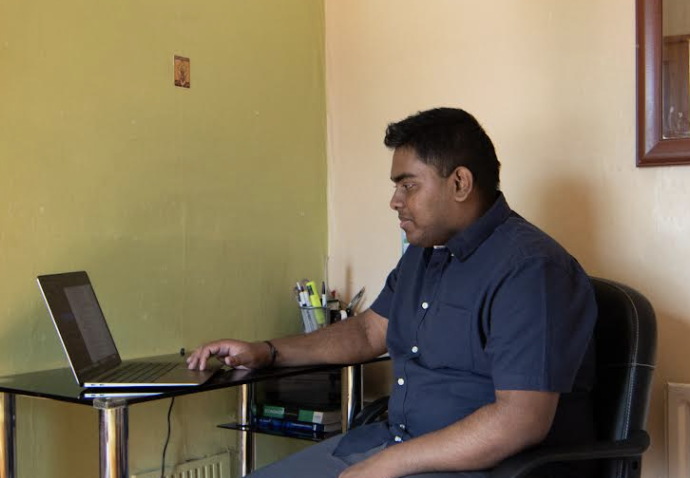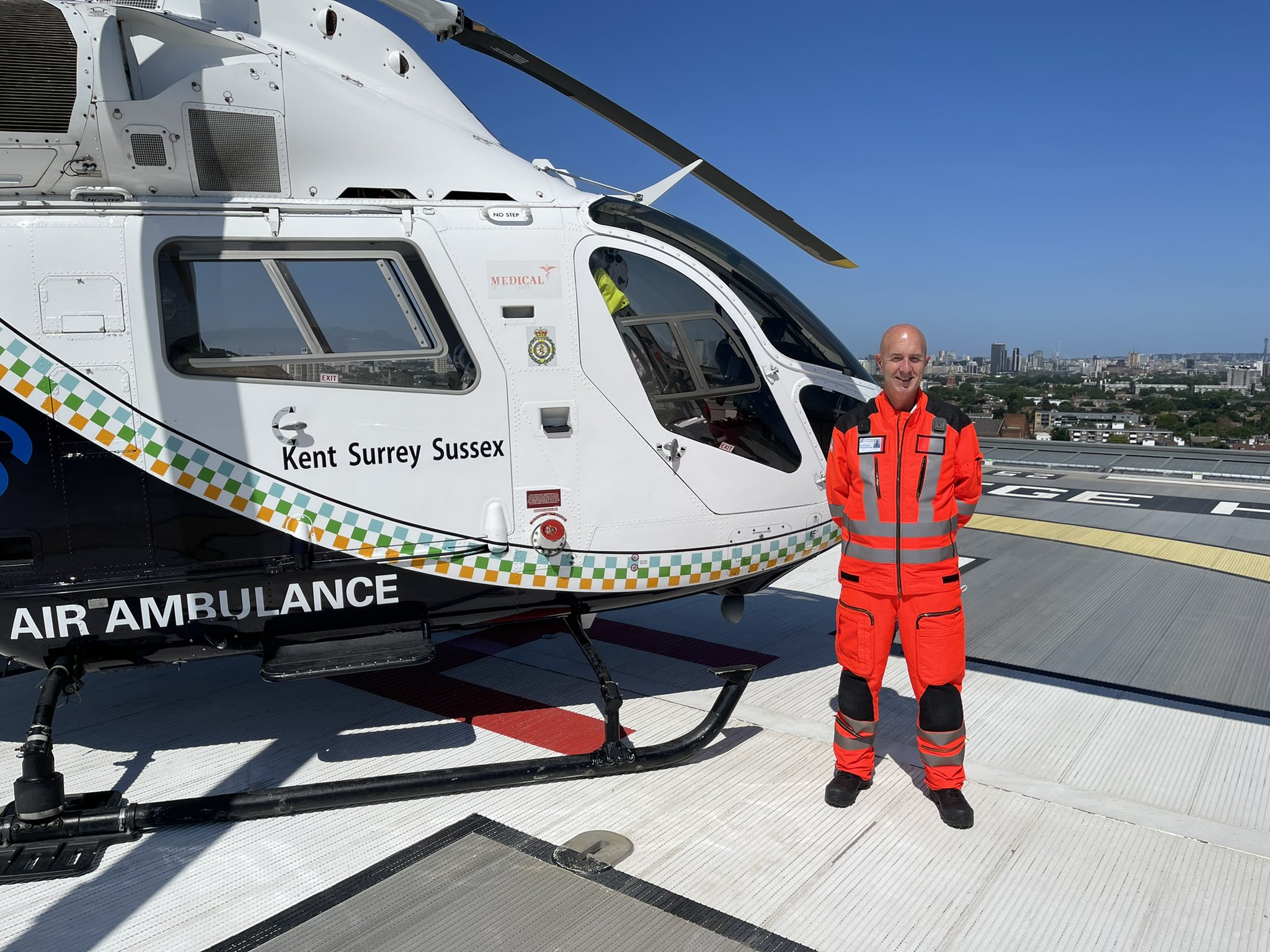Hybrid models of service delivery that combine face-to-face and digital support are the most effective ways charities can support their beneficiaries, research published by a young people’s employment charity is suggesting.
EY Foundation’s use of digital support, to help people find work and education opportunities amid the Covid-19 pandemic, has been evaluated by the Learning and Work Institute.
This found that just over half (51%) of young people said a hybrid model, involving online and in person help, is the most effective way of being supported by the charity.
Meanwhile, just one in ten back digital only help and 29% favour exclusively face-to-face support.
Recommendations made by the charity include identifying when face-to-face support should be used.
It also aims to use online delivery to improve inclusivity among beneficiaries, who may struggle to attend in person.
Barriers to online delivery should also be identified, such as improving access to technology.
It also seeks to stop differentiating ‘real life’ from online support as “digital relationships are an integral part of modern working practices”.
In addition, the charity wants to encourage the use of cameras for online help, but not enforce it.
‘We pride ourselves on being an evidence-based organisation and want to ensure we are achieving measurable impact in support of young people,” said EY Foundation acting chief executive Lynne Peabody.
“This drove our desire to quickly understand how to deliver virtually in the most effective way - and then help other organisations by sharing our findings.”
Latest News
-
Breast cancer charity founder steps down after 30 years
-
Mencap takes over closed charity’s shops amid retail expansion
-
Charities to benefit from £3.1m from insurer
-
Dr Alex Rhys: Why quiet leaders belong in charity leadership
-
Suneet Sharma: Embedding governance as a strategic enabler
-
More than one in four charity workers fear losing their job this year
Charity Times video Q&A: In conversation with Hilda Hayo, CEO of Dementia UK
Charity Times editor, Lauren Weymouth, is joined by Dementia UK CEO, Hilda Hayo to discuss why the charity receives such high workplace satisfaction results, what a positive working culture looks like and the importance of lived experience among staff. The pair talk about challenges facing the charity, the impact felt by the pandemic and how it's striving to overcome obstacles and continue to be a highly impactful organisation for anybody affected by dementia.
Charity Times Awards 2023
Mitigating risk and reducing claims

The cost-of-living crisis is impacting charities in a number of ways, including the risks they take. Endsleigh Insurance’s* senior risk management consultant Scott Crichton joins Charity Times to discuss the ramifications of prioritising certain types of risk over others, the financial implications risk can have if not managed properly, and tips for charities to help manage those risks.
* Coming soon… Howden, the new name for Endsleigh.
* Coming soon… Howden, the new name for Endsleigh.
Better Society

© 2021 Perspective Publishing Privacy & Cookies











Recent Stories